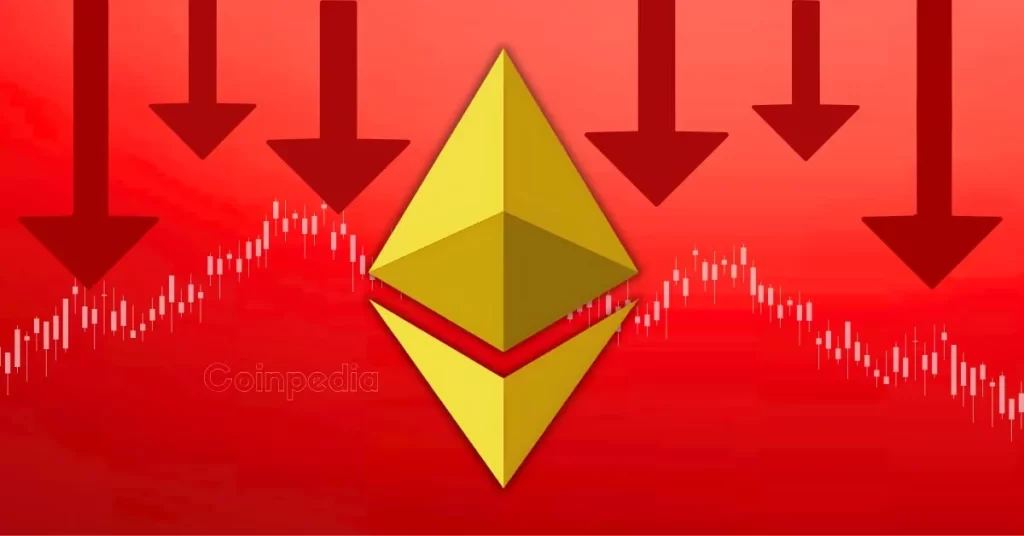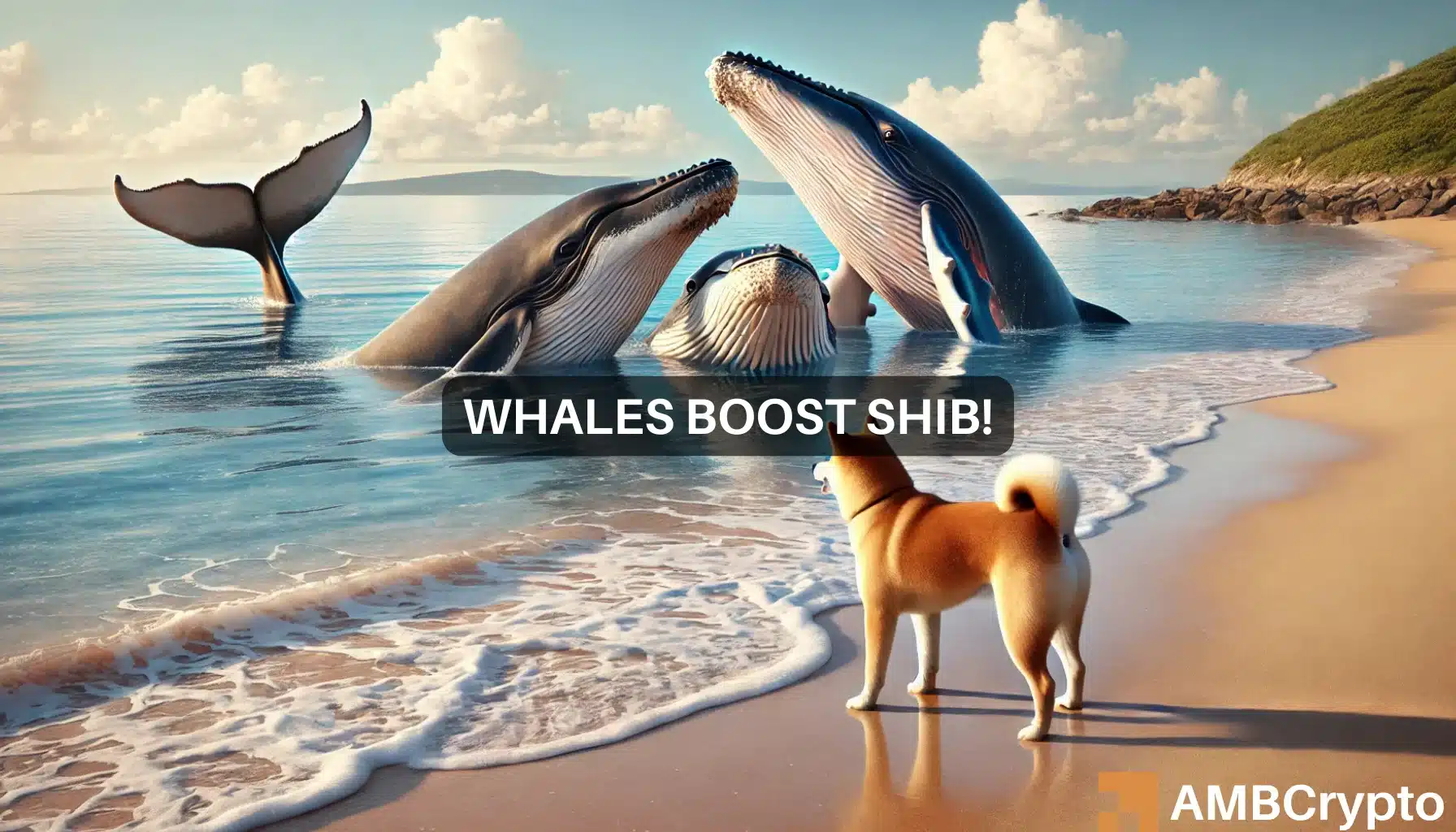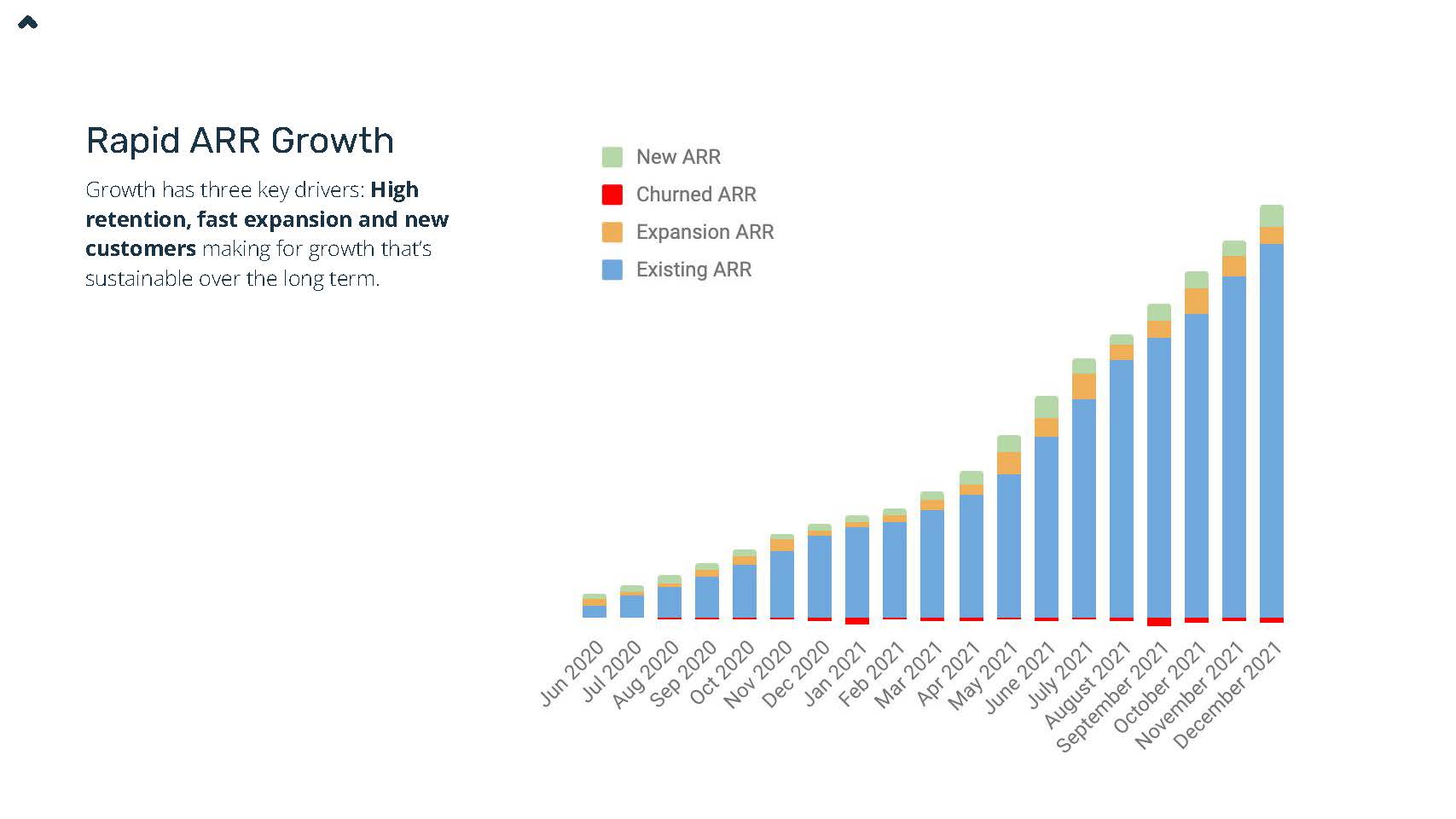
The post Why Ethereum is Down Today? Is Institutional Demand Shifting to Bitcoin? appeared first on Coinpedia Fintech News
After an unsuccessful attempt to break through the resistance level of around $2760 in the past two weeks, Ethereum (ETH) price has dropped over 5 percent in the last five days to trade at about $2,495 on Friday, October 25, during the early European session. The large-cap altcoin, with a fully diluted valuation of about $300 billion and a daily average traded volume of around $15.8 billion, has signaled further short-term consolidation before an inevitable breakout toward an all-time high.
Factors that Are Weighing Down on Ethereum Bulls in the Short Term
Rising Competition for Other Layer One Blockchain
Despite the Ethereum network dominating the $87 billion in DeFi space, with a total value locked (TVL) of about $46.7 billion, other layer one chains, led by Solana (SOL), have threatened to dethrone Ether. In the last 24 hours, the Solana and Tron networks registered around 4 million and 2.2 million active addresses respectively while the Ethereum network recorded around 377k.
The emergence of high-performing networks that are affordable has undeniably threatened the dominance of Ethereum in the Web3 ecosystem.
Low Demand from Institutional Investors Compared to Bitcoin
Since the approval of spot Ether ETFs and Spot BTC ETFs, it is clear that more institutional investors are more interested in Bitcoin over Ethereum as an asset class. According to the latest market data, the US spot BTC ETFs have a cumulative net assets under management of about $66 billion, while Ethereum’s only have around $7 billion after a significant bleeding from Grayscale’s ETHE.
As a result, crypto analyst Benjamin Cowen believes that Ethereum’s dominance will continue to drop in the coming weeks and most likely rebound in 2025.
Technical Analysis Aspect
From a technical analysis standpoint, Ethereum price has faced intense resistance of around $2,800 in the past few months. The altcoin has been forming a potential ascending triangular pattern in the daily time frame, which means the buyers are struggling to push above the upper boundary.

 1 month ago
28
1 month ago
28














 English (US) ·
English (US) ·